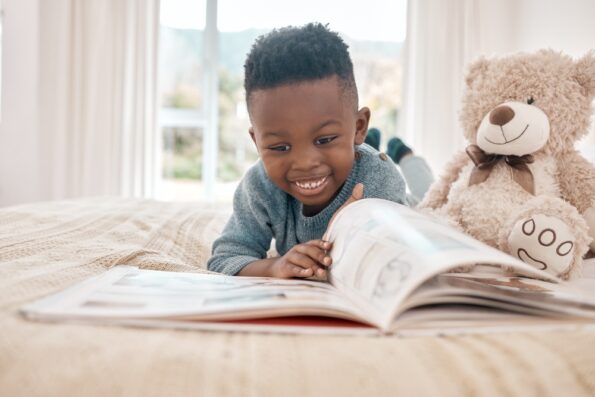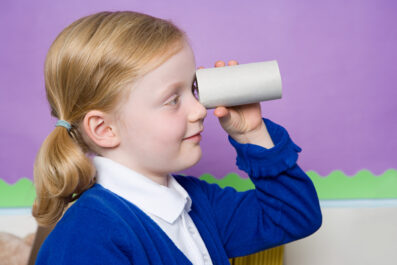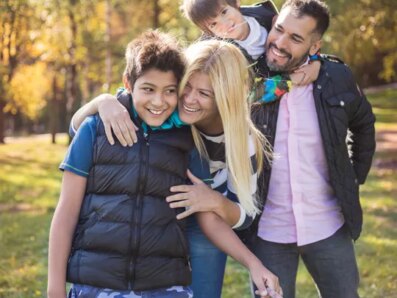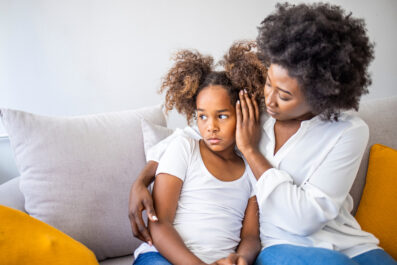The life-long journey of fostering
Fostering is an incredibly rewarding career path and lifestyle, particularly for those who value continuous personal development and who love to learn. When you foster with us, you’ll develop a variety of skills through our therapeutically informed training and by learning from other professionals and foster parents in our community.
Our talented therapists have put together a reading list for foster parents who are interested in boosting their therapeutic parenting skills, and for those who are interested in learning more about what it’s like to parent a child who has faced challenges during their formative years. From general parenting advice to understanding neuroscience and learning from real-life experiences, here are our therapist’s top picks for books which are beneficial for foster parents.
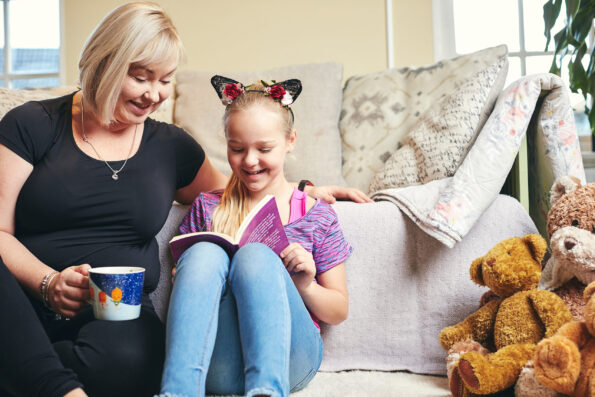
The best books for foster parents
‘The Body Keeps the Score’ by Bessel van der Kolk, M.D.
One of the most widely praised texts on trauma, this incredible book is a fountain of knowledge for anyone who helps those living with trauma. The book explores the impact of trauma on the body as well as its cognitive effects and looks at how therapies which involve the physical body, such as EMDR therapy can be a huge benefit.
‘Creating Loving Attachments: Parenting with P.A.C.E to Nurture Confidence and Security in the Troubled Child’ by Dr. Dan Hughes & Kim Golding
The P.A.C.E approach to parenting emphasises four key components of parenting with a therapeutic focus: Playfulness, Acceptance, Curiosity and Empathy. Each of these come together to offer an effective approach when practiced with persistence and patience. Day-to-day P.A.C.E strategies will no doubt be a lifeline as you navigate life as a foster parent, making this title one of best books on foster care.
‘Why Love Matters: How Affection Shapes a Baby’s Brain’ by Sue Gerhardt
This excellent book gives a simple explanation of the neuroscience behind children’s brain development, and the enormous influence which relationships with caregivers can have during this vital time. The book also explores the effects which poor quality relationships in childhood can have on an adult’s mental health and life outcomes, and explores ways to heal.
‘The Boy Who Was Raised By A Dog’ by Bruce D. Perry & Maia Szalavitz
Bruce D. Perry is an American child psychiatrist who shares his personal experiences in working with children who have dealt with trauma while exploring the neuroscience behind how he helps children to heal. It is a fascinating book with plenty of insightful content — just be aware that this book deals with some very distressing stories from the offset.
‘The Book You Wish Your Parents Had Read’ by Philippa Perry
By encouraging parents and caregivers to foster more self-awareness and mindfulness of their own behaviours, Phillipa Perry’s strategies can help families to become happier and better connected. Encouraging mindful, reflective parenting and offering tips and advice, this is a great book for anyone interested in learning more about their own behaviours and developing their parenting skills.
‘The Whole-Brain Child’ by Daniel J. Siegel & Tina Payne Bryson
This book introduces parents to the ‘Engage don’t enrage’ strategy and encourages parents to use neuroscience techniques to help children develop their cognitive skills in relation to their logic and emotion centres of their brains. The strategies within can help parents to tackle difficult moments, help children to reach a place of calm, and can aid in giving caregivers a better understanding of a child’s internal world.
‘Calm Parents, Happy Kids’ by Dr. Laura Markham
This book shows that a calm, happy household starts with role modelling healthy behaviours. The book offers practical tips on how parents and caregivers can create an empathetic, warm environment and a sense of safety in the children they care for through being mindful of their own behaviours, supporting children to develop the skills they’ll need to regulate their emotions independently.
‘Don’t Make Assumptions: Children’s and Young People’s Views of the Child Protection System’ by Marian Brandon, Jeanette Cossar & Peter Jordan
This insightful book uplifts the voices of care experienced children and young people, so that foster parents can learn more about the UK care system from the people it effects the most. These real-life experiences and accounts offer a glimpse into children’s lives and help us to reflect on the stigma against care-experienced people, and what we can do to make positive changes.
‘Working with Relational and Developmental Trauma in Children and Adolescents’ by Karen Treisman
This book contains plenty of deep research into how trauma impacts young people, and what adults involved in a child’s life can do to support them throughout their healing journey. The book is aimed at professionals working with children, making it a perfect fit for foster parents who are hungry to learn more about the science behind developmental trauma.
‘How to Talk So Kids Will Listen & Listen So Kids Will Talk’ by Adele Faber & Elaine Mazlish
This bestselling parenting book is a fantastic choice for foster parents. It gives advice on navigating family life, utilizing beneficial communication practices like active listening and how to reduce friction between yourself and your foster child during difficult times. It’s an empathetic, excellent read which helps bring families closer together through understanding and cooperation.
Bonus recommendations: Books to read with your foster child
Reading together provides the perfect opportunity to bond with your foster child. These books aimed at little ones are perfect for helping your young person to better understand themselves and the world they live in.
‘The Invisible String’ by Patrice Karst
This fantastic story book is perfect for young children who struggle with separation, such as children who miss members of their birth family, are dealing with loss or who become anxious when separated from their foster parent. It uses the metaphor of an invisible string connecting loved ones to show that no matter how far apart we may be from the people we love, we are always connected to them.
‘A Terrible Thing Happened’ by Margaret M. Holmes
This simple, gentle tale about a racoon who has witnessed an upsetting, unnamed incident is a fantastic tool for helping children who live with trauma. It explains some of the experiences a child may encounter after living through something upsetting, such as feeling angry or dealing with nightmares, and offers gentle support and reassurance that the child is not to blame for their experiences.
Are you ready to learn more about fostering?
Here at ISP, we’re proud to be the founders of therapeutic foster care. We’re always seeking professional, kind hearted people with a love for learning to join our team of incredible foster parents. If you’d like to learn more about what it’s like to foster with the UK’s longest established Independent Fostering Agency, contact us today.
